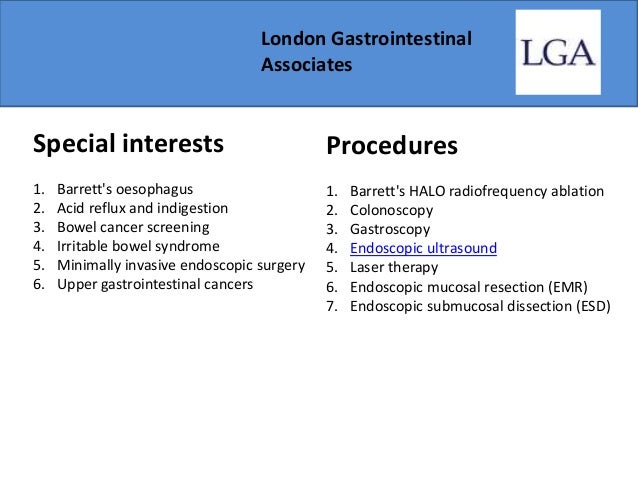
These preclinical results do not support the effectiveness of extinguishing drug-associated discriminative stimuli as a nonpharmacological treatment strategy for reducing drug choice. Exposure to 14 saline self-administration sessions failed to significantly decrease drug choice and increase food choice. Prior to extinction training, both cocaine and heroin maintained dose-dependent increases in drug-vs-food choice. Drug continued to be available during choice sessions. During saline self-administration sessions, only drug-associated discriminative stimuli were presented and responding produced saline injections. Subsequently, choice sessions were supplemented by daily 20-hr saline self-administration sessions for 14 consecutive days. Behavior was initially maintained under a concurrent schedule of food (1-g food pellets fixed-ratio 100 schedule) and cocaine injections (0–0.1 mg/kg/injection fixed-ratio 10) (n = 4 males) or heroin injections (0–0.01 mg/kg/injection fixed-ratio 10) (n = 3 females and 1 male) during daily 2-hr choice sessions. This study evaluated a regimen of extinction training on cocaine and heroin self-administration in rhesus monkeys under a drug-vs-food choice procedure. Extinction procedures can weaken this association between drug-associated cues and drug-taking behavior and may reduce the probability of relapse. Relapse within the context of a substance use disorder can be triggered by cues that function as discriminative stimuli to signal contingencies of drug availability and promote drug-taking behavior. We acknowledge the technical assistance of Jennifer Gough and Rebekah Tenney.īlake Hutsell is now at the Department of Psychology, East Carolina University, Greenville, NC. None of the authors has any conflicts of interest to declare. All authors critically reviewed the content and approved the final version for publication. Negus assisted with interpretation of findings and provided critical manuscript revision for intellectual content. Banks and Hutsell drafted the manuscript.

The manuscript content is solely the authors’ responsibility and does not necessarily represent the National Institutes of Health official views.īanks and Negus designed the study. The National Institute on Drug Abuse had no role in study design, collection, analysis or interpretation of the data, in the writing or decision to submit the manuscript for publication. Now, as a graduate of VCU’s urban and regional studies and planning program, he is looking at his career in a new way. It does not store any personal data.Research reported in this publication was supported by the National Institute on Drug Abuse of the National Institutes of Health under Award Numbers R01DA026946, UH3DA041146, and T32DA007027. Class of 2021: Matthew Hussmann wants to focus on bringing positive change to communities The real estate broker has long had a passion for building. The cookie is set by the GDPR Cookie Consent plugin and is used to store whether or not user has consented to the use of cookies. The cookie is used to store the user consent for the cookies in the category "Performance". This cookie is set by GDPR Cookie Consent plugin. The cookies is used to store the user consent for the cookies in the category "Necessary". The cookie is used to store the user consent for the cookies in the category "Other. The cookie is set by GDPR cookie consent to record the user consent for the cookies in the category "Functional". The cookie is used to store the user consent for the cookies in the category "Analytics". These cookies ensure basic functionalities and security features of the website, anonymously.


Necessary cookies are absolutely essential for the website to function properly.


 0 kommentar(er)
0 kommentar(er)
